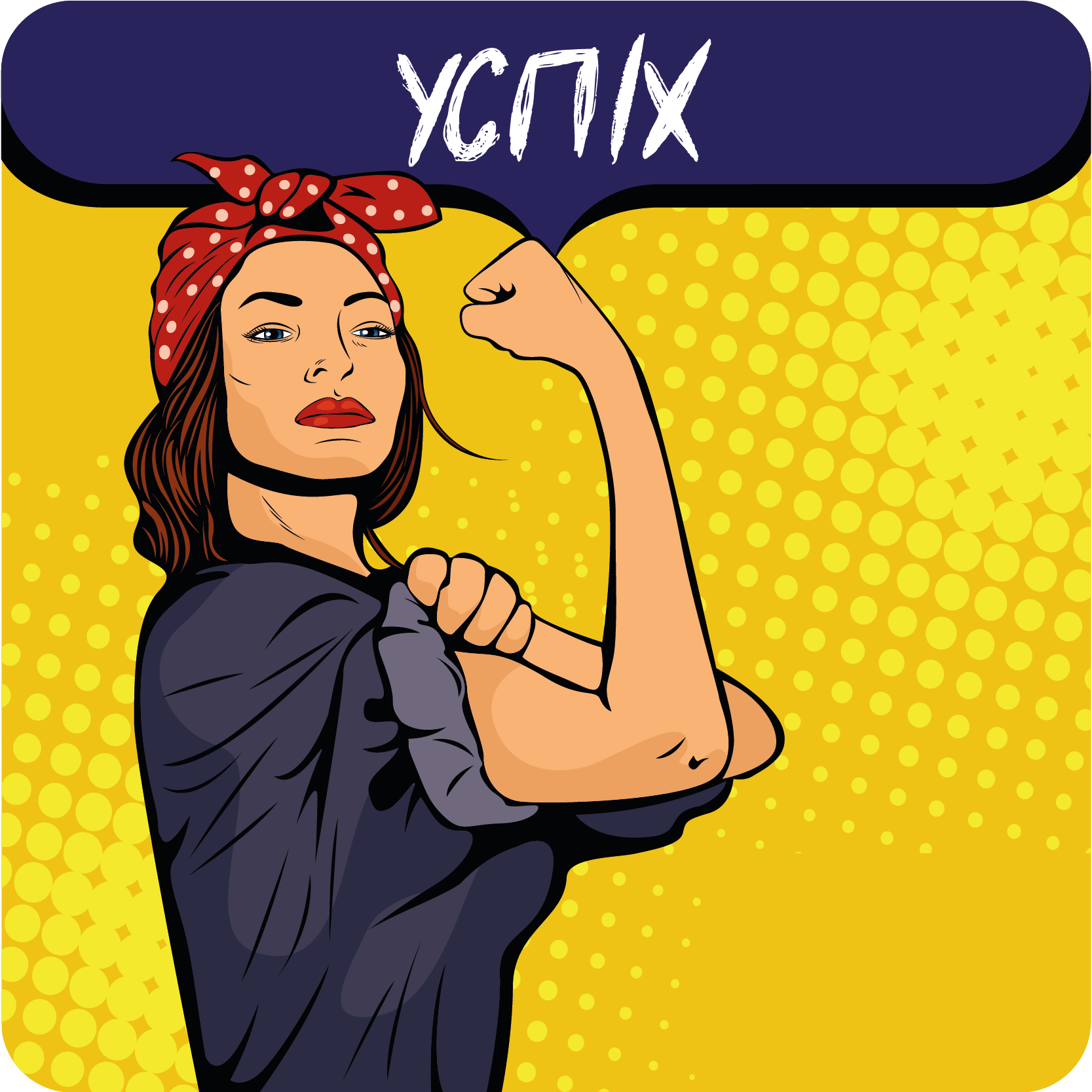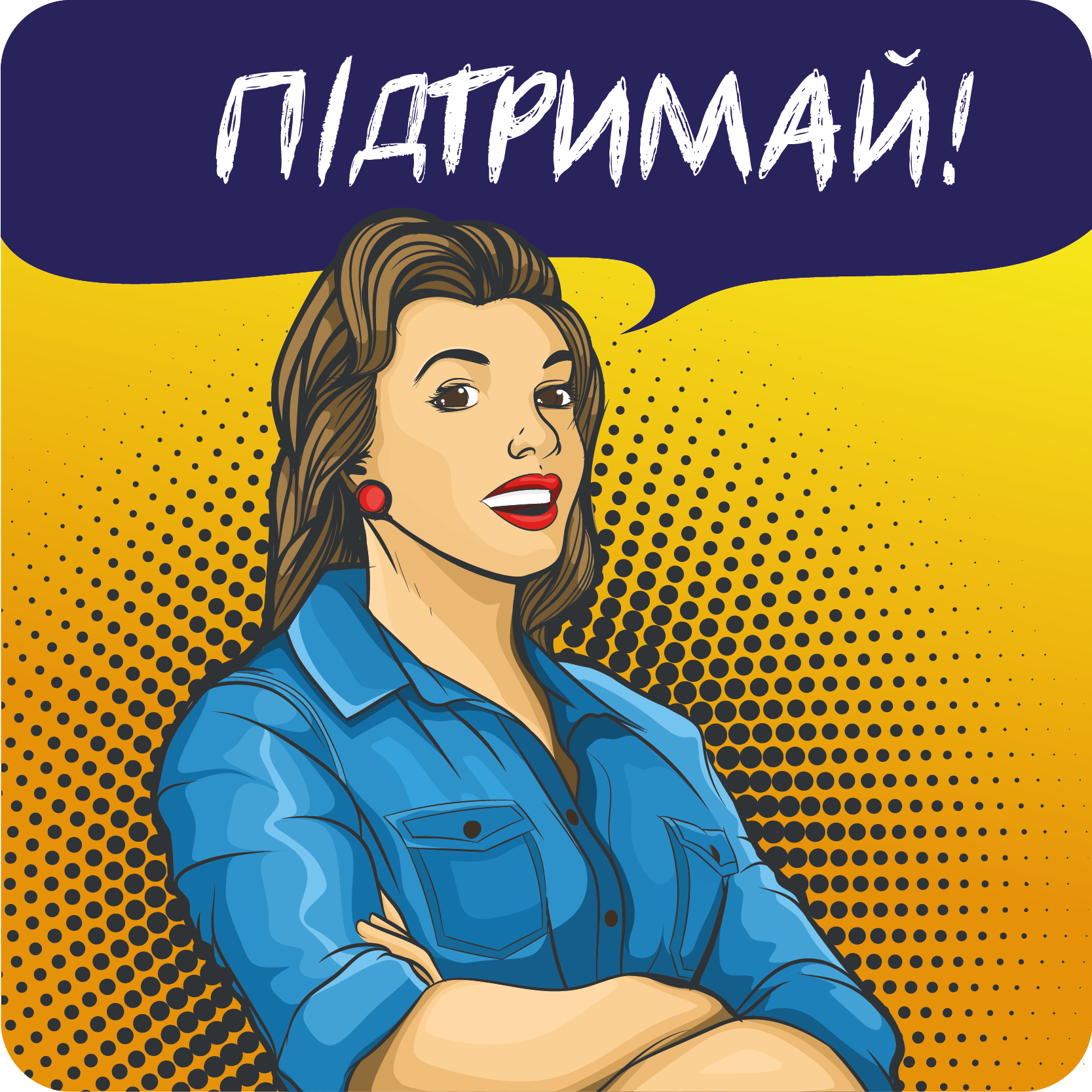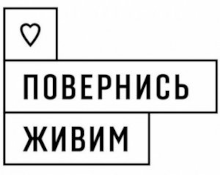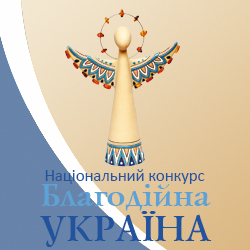


Навчальна поїздка на засідання Конгресу місцевих та регіональних влад Європи (Страсбург)
30.12.2016
Конгрес місцевих і регіональних влад Ради Європи запрошує одну молоду людину, на кожного члена держави приїхати в Страсбург, щоб взяти активну участь в роботі сесіях конгресу. Організатори забезпечують покриття витрат. Дедлайн - 10 січня 2017 р. (далі - англ.)
The Congress of Local and Regional Authorities of the Council of Europe is inviting one young person per member State to come to Strasbourg to take an active part in its 32nd and 33rd sessions and develop their own grass-roots project back home as part of the Congress’ initiative “Rejuvenating politics”.
BACKGROUND
The Council of Europe wants to encourage more young people to get actively involved in strengthening civil society in Europe and to defend the values of human rights, cultural diversity and social cohesion. It also wants to promote and develop youth policies, putting special emphasis on the participation of young people.
The Council of Europe's commitment to fostering greater youth participation can be demonstrated through its system of co-management. This involves representatives from youth non-governmental organisations (NGOs) sitting down in committees with government officials who together then work out the priorities for the youth sector and make recommendations for future budgets and programmes. One of the decision-making structures it has set up is the Advisory Council on Youth which is made up of 30 representatives from youth NGOs and networks who provide opinions and input on all youth sector activities.
The Congress and youth participation
In view of the apparent disengagement of young people from conventional political participation in recent years, the Congress of Local and Regional Authorities of the Council of Europe has been taking a closer look at the issue of youth participation. Its work over the past five years has concluded that, contrary to popular belief, young people are still committed to participating in society, however they are engaging differently in a society in which they feel marginalised from the political process.
Since October 2014, the Congress has therefore been inviting young people from different backgrounds – youth activists, youth workers, students, young politicians – to take part in its sessions, to have their say in the debates and to exchange with Congress members on the issues on the agenda. Since 2016 they are invited to participate in both sessions, being involved in the Congress’ work for the whole year.
As part of their participation in 2016 youth delegates were invited for the first time to develop their own projects at local and regional level. This aspect of their participation will be further developed in 2017.
What is the Congress and what does taking part in its sessions involve?
The Congress is a pan-European political assembly, its 648 members hold elective office (they may be regional or municipal councillors, mayors or presidents of regional authorities) and represent over 200,000 authorities in 47 European States. Its role is to promote local and regional democracy, improve local and regional governance and strengthen authorities' self-government. It meets in session twice a year.
Like other political assemblies, such as national parliaments or local/regional councils, the sessions are formal gatherings where the Congress members examine reports, hold thematic debates and adopt recommendations.
The youth delegates, one from each member State, will sit in the hemicycle, alongside the Congress members for the whole of the session. A one-day preparatory session, run according to non-formal education principles and a welcome evening will be organised prior to each session. Youth delegates must commit to taking part in the whole of the two 2017 sessions: from 26 March and 16 October (19.00) to the debriefing sessions on 30 March and 20 October (17.00). An optional farewell evening will be organised on 30 March and 20 October.
Involvement between the sessions – developing and implementing projects
Youth delegates will not simply participate in the two sessions; between March and October youth delegates will remain involved in the work of the Congress. They will be required to develop a local youth project related to the Congress’ theme for 2017: integration of migrants or the issue of intercultural dialogue (see the Congress’ toolkit [link]). For this, they will have the support of the trainers in the form of mentoring sessions to develop and assess their ideas.
Aims and objectives
By inviting a number of young people to take an active part in its 32nd and 33rd sessions the Congress aims to create a space for dialogue between the selected youth delegates and local and regional elected representatives and to enable young people to express their views on the issues being debated.
The specific objectives are to:
- allow a number of young people, from different walks of life, to take an active part in the 32nd and 33rd sessions and in the meetings of the Congress’ three committees;
- raise the youth delegates’ awareness of the Council of Europe’s and Congress’ aims and work, in particular their policies on youth and participation, notably the co-management system;
- examine with the youth delegates the state of young people’s participation at local and regional levels in European society and identify opportunities and obstacles to its effective implementation;
- give the youth delegates space to prepare a contribution to a number of Congress debates on thematic issues to ensure an exchange of views between them and Congress members;
- motivate the youth delegates to multiply the information and experience acquired during the sessions on their return home in particular through the development and implementation of their own projects at local and regional level;
- through formal and informal exchanges, promote dialogue and co-operation between the elected representatives and the youth delegates in a spirit of mutual understanding and respect and encourage the exchange of good practices as well as the promotion of existing models of youth-led structures;
- illustrate to the Congress the importance of officially including young elected representatives in member States’ national delegations, both as full and substitute members.
Programme
The youth delegates must arrive by 19.00 at the latest on Sunday 26 March and Monday 16 October. They will be invited to take part in the debates organised during the plenary sittings and the sessions of the Chamber of Local Authorities and the Chamber of Regions. In addition, they are invited to participate in the meetings of the three Congress committees: the Monitoring Committee, the Governance Committee and the Current Affairs Committee so that they may bring the youth perspective into the Congress’ work at committee stage. Youth delegates are allowed to take the floor in sittings and meetings according to the Congress’ rules and procedures however they are not allowed to vote nor table amendments.
Youth delegates will have the opportunity to start working on-line with their trainers before their first session in order to have the necessary knowledge of the Congress of Local and Regional Authorities and the Council of Europe prior to their arrival.
A workshop, led by professional youth trainers from the Council of Europe’s pool of trainers, will be organised for the youth delegates on the eve of the sessions. The youth delegates will have opportunities for informal exchanges with Congress members in the margins of the session sittings and during the side events. An obligatory debriefing and evaluation meeting will be held on the last afternoon of each session (end 17.00). An optional farewell evening will be organised that same evening.
The youth delegates’ participation in the whole of the programme is obligatory, from 19.00 on the day preceding the session to the final day of the session at 17.00. In addition, they must undertake preparatory work before the sessions to facilitate the learning process. If youth delegates wish to take part in the farewell evenings, the Council of Europe will cover the cost of accommodation for the final evening.
Profile of participants
The youth delegates, one per national delegation, should meet the following criteria:
- be open, committed and motivated to develop and strengthen dialogue between young people and elected representatives at local/regional level;
- be between 16 and 30 years old;
- have been resident in one of the Council of Europe member States for a minimum of five years and live in the country which they will represent for the duration of their participation;
- be a member of a local/regional youth council or parliament, or local/regional council or assembly or executive, or a representative of a youth NGO, or a youth-led structure, or involved in youth work, or a local or regional elected representative;
- be available and motivated to engage in the whole of the activity including the preparation of grass-roots projects;
- have an interest in actively participating in policy making at local and/or regional levels;
- be able to multiply the information obtained during the session on their return home;
- speak English fluently (NB: during the sittings they may also speak in one of the official or working languages for which interpretation is provided (English, French, German, Italian, Russian, Turkish)).
Application procedure and selection of participants
Those wishing to apply to take part in the 32nd and 33rd Congress sessions must do so by means of the online application form. Participation in only one session is not possible.
Applicants must also upload a short video, for example via YouTube, of no more than 30 seconds, to support their application.
The deadline for submitting applications is 10 January 2017.
The youth delegates will be selected by a selection panel which includes the Congress’ Spokesperson on Youth, the youth trainers and two members of the Council of Europe’s Advisory Council on Youth. The panel will ensure the selected applicants represent a balanced group with regard to gender, cultural background and experience.
Applicants will be informed of the results of the selection procedure by 31 January 2017.
NB: by accepting an invitation to the sessions and confirming the travel tickets offered by the Congress Secretariat, the youth delegates commit themselves to being present according to the modalities described herein. Any youth delegate cancelling their participation must reimburse the Council of Europe the costs incurred unless a valid reason is provided, for example illness certified by a doctor’s note.
Travel, subsistence and accommodation
The youth delegates’ travel and subsistence expenses will be covered by the Congress of Local and Regional Authorities according to the Council of Europe’s rules.
Accommodation will be provided and paid for by the organisers, in single-occupancy or shared rooms according to availability. The organisers cannot cover the cost of accommodation elsewhere.
More information - http://www.coe.int/t/congress/files/topics/youth/call-2017_en.asp
Контакти
- Congress of Local and Regional Authorities
- [email protected]








Коментарі
Що потрібно для того, щоб стати цією людиною? Дякую.